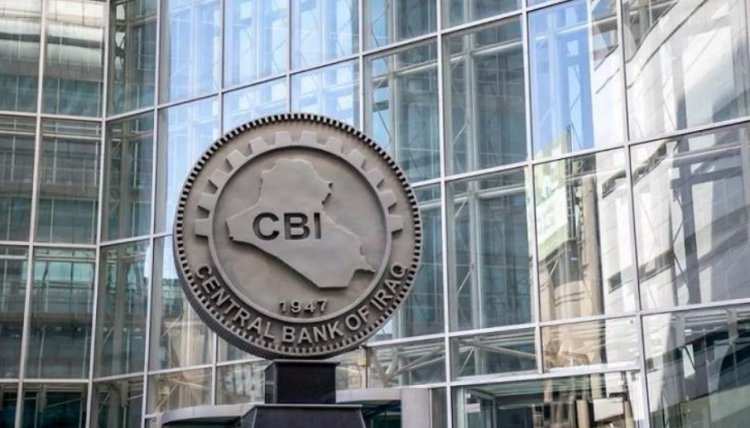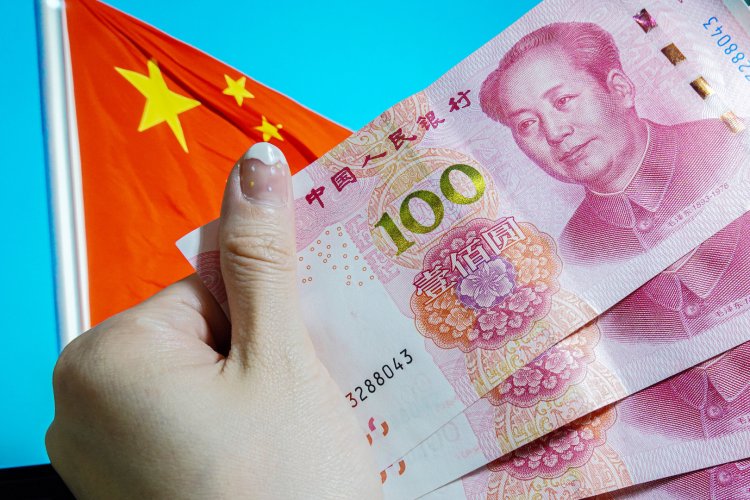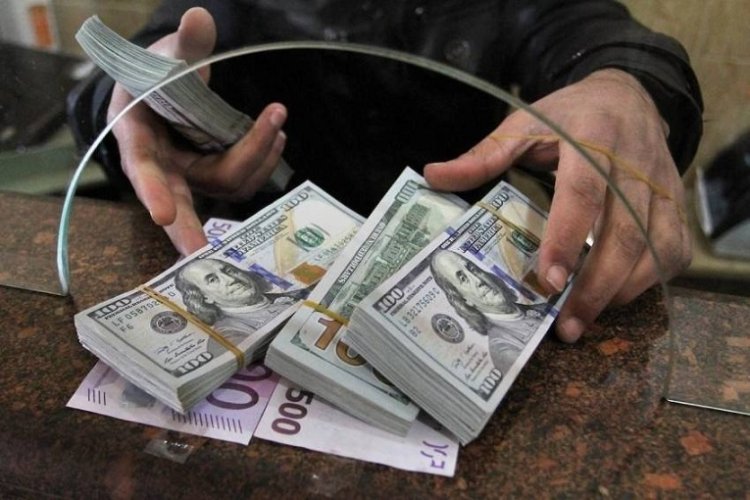Iraq relies on the yuan to import from China

Iraq intends to pay the value of private sector imports from China in yuan.
Iraq also seeks to inject foreign currency into the financial system to help ease the pressure on the dinar.
The central bank will introduce the yuan to local lenders to deal with their counterparts in China.
And it will provide the Chinese currency to the final beneficiaries also through some special central bank accounts.

Second largest oil producing country
Iraq, the second largest oil producing country in the Organization of "OPEC", joins prominent economies in the Middle East, such as Saudi Arabia and the United Arab Emirates, in exploring non-oil trade links, using currencies other than the US dollar.
The central bank said in a statement that it later aims to facilitate remittances to the United States and Europe in the same way as with China.
Private sector imports
Mazhar Saleh, the economic advisor to the Prime Minister of Iraq, said that this measure will not extend its application to Iraq's oil trade, explaining: "This measure only covers private sector imports."

Use yuan in transactions with countries
China encourages the use of the yuan in transactions with the main countries in the export of energy and primary goods, and Iraq was the most important source of imports after Turkey last year.
Stabilize the national currency
This action in Iraq represents the latest attempt by the authorities to stabilize the national currency after its revaluation earlier this month at 1300 dinars against the dollar instead of 1460 dinars.

Dollar transaction regulations for Iraqi commercial banks
Iraq experienced a shortage of dollars after pressure from the United States aimed at limiting the flow of money to neighboring Iran.
The Federal Reserve Bank in New York last November imposed stricter controls on the dollar transactions of Iraqi commercial banks.
As a result, the approval of transfers slowed down and ultimately drove merchants to buy dollars from exchange offices.


 Shrouq
Shrouq 












